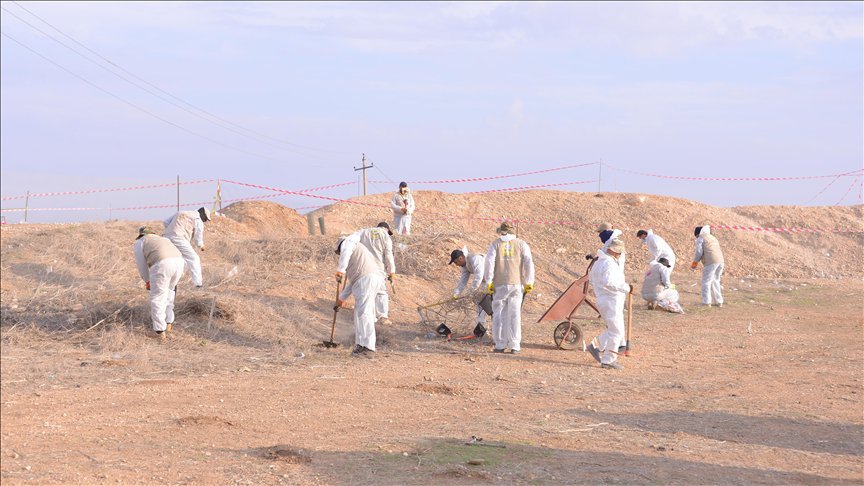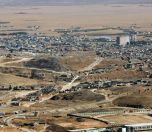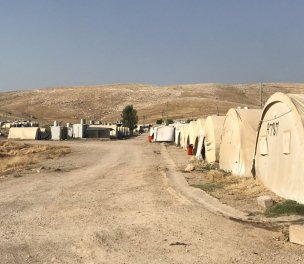* Photo: AA
Click to read the article in Turkish / Kurdish
A total of 81 mass graves of Êzidis have been found in Sinjar district in Iraq's Mosul since 2014, according to a Kurdish official on Thursday.
Baravan Hamdi, the Deputy Minister of the Martyrs in the Iraqi Kurdish Regional Government (KRG), said these graves were dug by ISIS.
Speaking to the state-run Anadolu Agency (AA), he said that all mass graves were from the period before the DAESH/ISIS attack on August 3, 2014: "According to all information and documents we have, this is a genocide. All findings suggest that DAESH committed such a crime".
The KRG deputy minister said that two mass graves were found two weeks ago in the Hardan village in Sinjar and several bodies were exhumed and sent to Baghdad for DNA analysis and identification.
According to reports, of the 81 mass graves of Êzidis found in the Sinjar district so far, the deceased in 23 mass graves have been identified while the remaining 58 mass graves are awaiting to be opened.
According to Iraqi figures, ISIS killed 1,293 Êzidis and kidnapped 6,417, of whom 3,530 had managed to flee from the group's grip.
Êzidi Genocide
The series of massacres  carried out by the Islamic State of Iraq and Syria (ISIS) against the Êzidis in Iraq on August 3, 2014 has been recognized as a genocide by the United Nations (UN). During the genocide, Êzidi women and young girls in the Kurdistan Regional Government were forced to sexual slavery while men were exiled and subjected to mass executions.
carried out by the Islamic State of Iraq and Syria (ISIS) against the Êzidis in Iraq on August 3, 2014 has been recognized as a genocide by the United Nations (UN). During the genocide, Êzidi women and young girls in the Kurdistan Regional Government were forced to sexual slavery while men were exiled and subjected to mass executions.
According to reports, nearly 5 thousand people have lost their lives and nearly 10 thousand others have been wounded, mostly in Sinjar.
The genocide began in 2014 after the peshmerga began withdrawing in the face of the ISIS attacks. The massacre of the Êzidi community sparked huge international backlash and the US launched airstrikes against ISIS. The US, the United Kingdom (UK) and Australia also sent immediate aid to Êzidis by air and provided the peshmerga, PKK and YPG with weapons.
The acts of ISIS against Êzidis led to nearly 500 thousand refugees and the death of thousands of people. The genocide also affected other Êzidi groups, especially in Germany. The Iraqi Kurdistan Regional Government (KRG) declared August 3 as the "Êzidi Genocide Day" in 2019. (AEK/SD)






